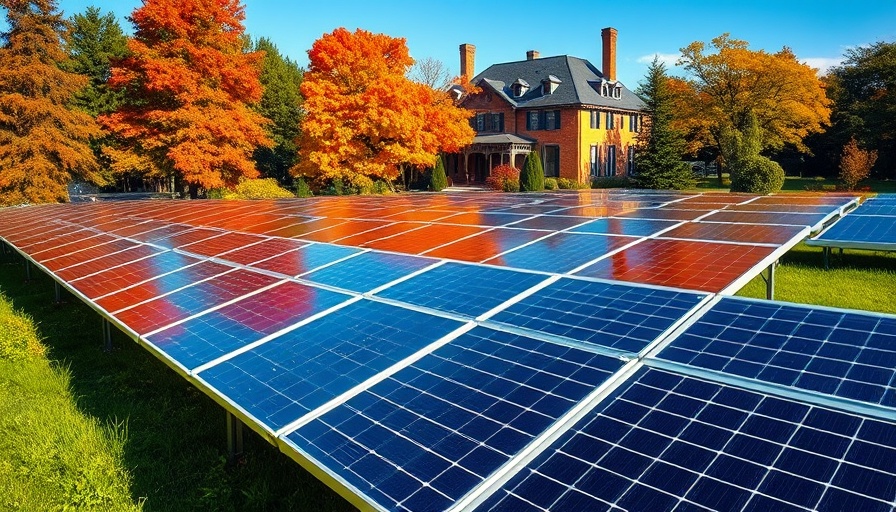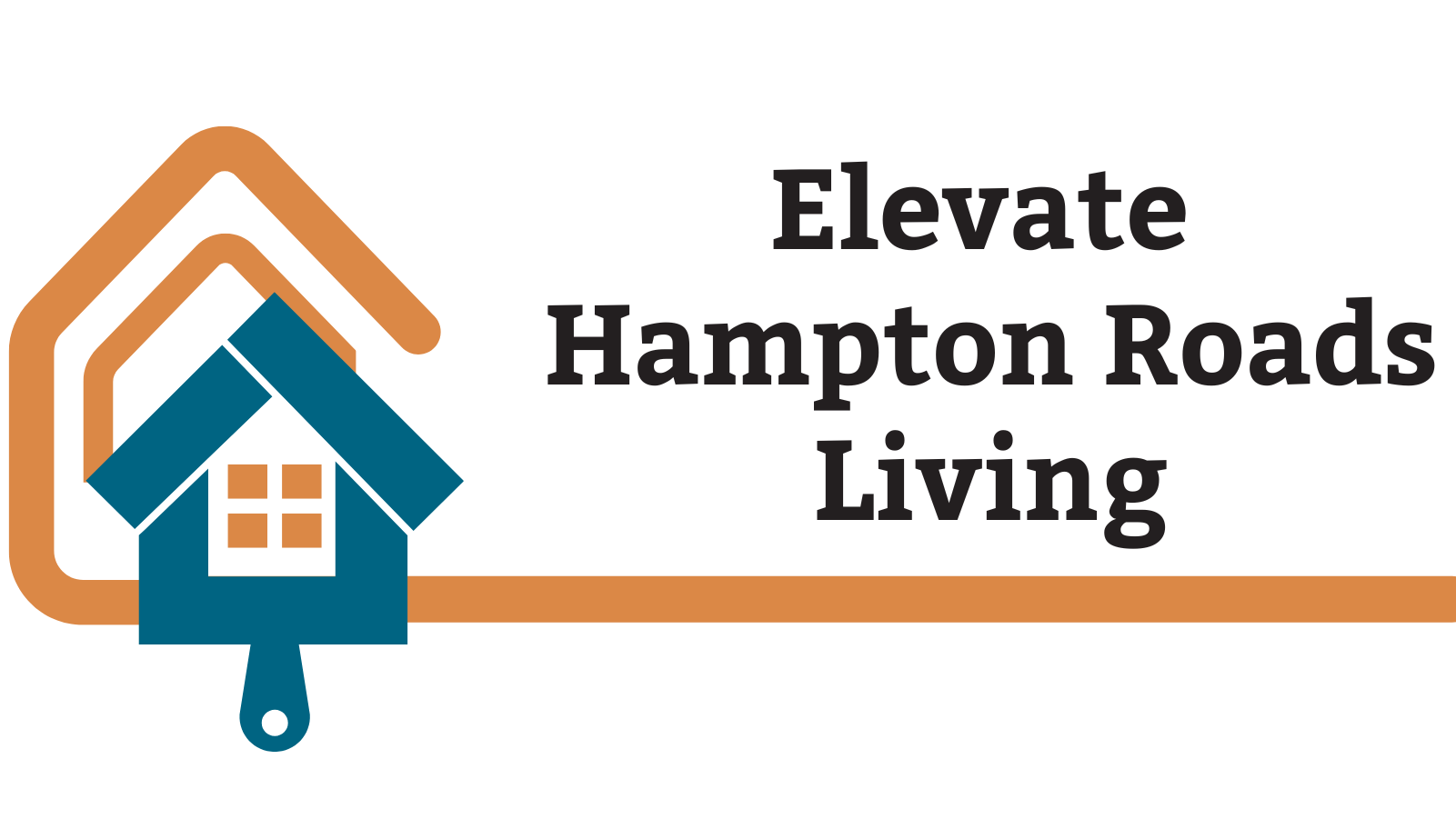
The Future of Historic Homes and EPC Compliance
Homeowners in Virginia with historic properties may soon breathe a sigh of relief. Recent discussions led by the Labour Party seem to point toward a potential exemption from the stringent Energy Performance Certificate (EPC) requirements for listed buildings. Currently, there’s an increasing push from the government to have all domestic homes achieve a C-rating by 2030—a target many fear could lead to costly renovations.
What Does This Mean for Homeowners?
If implemented, this exemption could alleviate financial burdens, especially for those who own homes with significant architectural history. However, the implications extend beyond just historical preservation; they touch upon essential economic factors concerning home renovations and energy efficiency. With energy costs continuing to rise, balancing heritage conservation with modern requirements becomes critical.
Understanding EPC Ratings and Their Implications
An Energy Performance Certificate is a crucial aspect of property management, particularly as homes are pushed toward more energy-efficient designs. For many homeowners, achieving a C-rated EPC often requires extensive upgrades, including insulation improvements or even complete overhauls of heating systems. While newer homes have less of a struggle in meeting these standards, historic homes typically face challenges in modernizing without compromising their architectural integrity.
Room for Home Additions and Energy Efficiency
Virginia homeowners interested in upgrades can explore various home additions that maximize energy efficiency. Whether it’s a sunroom addition, garage conversion, or attic conversion, there are numerous options that can enhance both the value and comfort of a home without violating historical permissions. These enhancements can not only improve energy efficiency but also ensure compliance with local zoning regulations.
The Empowering Potential of Home Additions
Investing in home additions can significantly impact a homeowner’s lifestyle. For instance, a second-story addition can provide much-needed space for a growing family while also enhancing energy efficiency by improving insulation in a traditionally underutilized area of the home. Furthermore, modular and prefab room additions can offer efficient solutions that streamline construction time and costs, making them an attractive option for those looking to expand their living space.
Looking Ahead: What Homeowners Should Know
As discussions around EPC exemptions for historic homes unfold, homeowners should stay informed about their options. The potential for exemptions is a positive development, but it is essential to understand how to navigate home additions and renovations responsibly. Homeowners should consult with local home addition contractors to learn about home addition plans, the costs they can expect, and how to obtain the necessary permits domestically.
Take Action for Your Historic Home
For Virginia homeowners who own historic homes, now is the time to explore every opportunity for home enhancement. By understanding EPC requirements alongside innovative home addition options, you can protect your property’s historical value while also preparing it for a modern energy-efficient future. Take the first step today and consult with local contractors to ensure your beloved home stays both beautiful and compliant.
 Add Row
Add Row  Add
Add 



Write A Comment